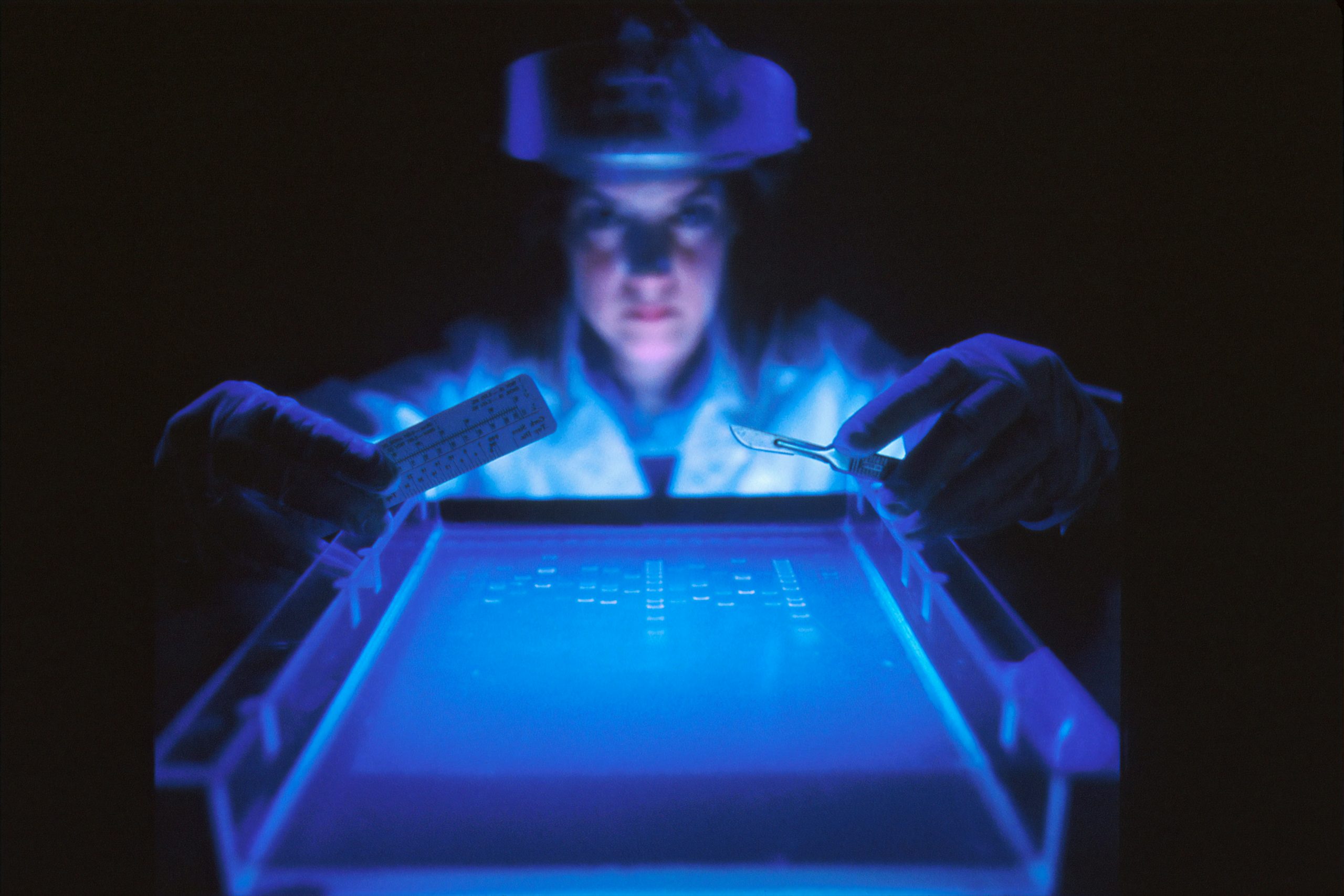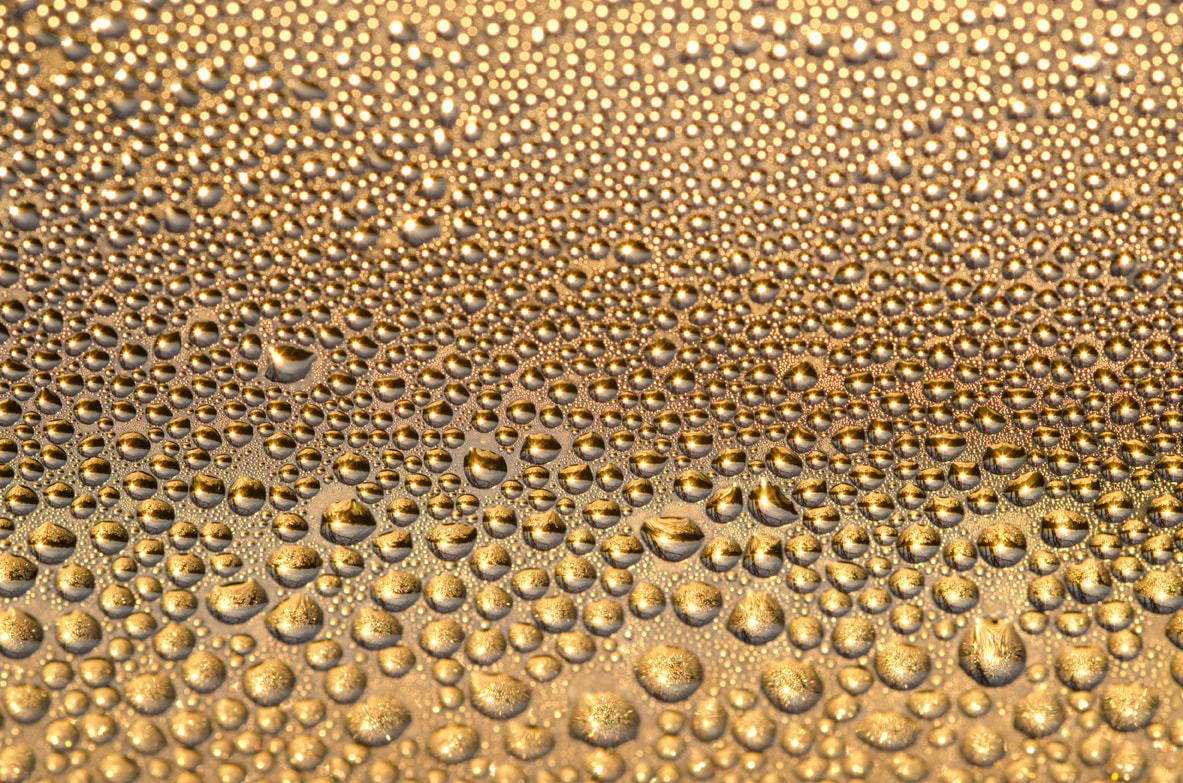Table of Contents
Has the decline in trust in scientists reached a bottom? A survey published in the United States reveals that, for the first time since the start of the pandemic, the curve has gone in the other direction – albeit very slightly.
When asked whether scientists act in the best interest of the public in April 2020, at the very beginning of the pandemic, 87% of Americans answered in the affirmative. This figure gradually decreased in 2021 and 2022, until reaching 73% in October 2023. However, this year, it rose to 76%, and the poll was conducted two weeks before the presidential election (from October 21 to 27), a time when confidence in “institutions” in general was seriously attacked by the Republican candidate. Two-thirds of the 9,600 Americans surveyed also described scientists as “honest.”
The survey is conducted annually by the Pew Research Center. If we cannot say that this is a return of confidence, it is nevertheless a change “compared to the declines” that “we saw during the pandemic”, summarized in the press release the principal investigator, Alec Tyson.
It should be remembered that other surveys carried out in recent years have revealed that the “crisis of confidence” was less serious than the perception created by social networks might lead us to believe:
- a study conducted among 70,000 people in 68 countries in 2022 and 2023, concluded at a high level of confidence;
- a survey carried out among 119,000 people in 113 countries, between August 2020 and February 2021, had concluded that 80% had “a lot” or “a little” confidence in science. Confidence levels were higher than in the previous survey, conducted in 2018 by pollster Gallup and the granting agency Wellcome Trust, at least among those who said they knew “not much” about the science, or even “nothing at all”.
But it remains to be seen the impact that the new Trump presidency will have on the perceptions held by part of the public, especially as this government promises to put forward people displaying hostility towards vaccines or climate change. On the question of trust, the partisan gap is already very clear: 90% of Democrats surveyed in October say they believe that scientists act in the best interest of the public, compared to only 66% of Republicans — although the latter were at 61% last year.
Encourage us for the price of a coffee
1. Would you please provide us with your perspective on the Pew Research survey results indicating a slight increase in trust towards scientists in the United States? Do you think this trend will continue over the coming months, or do you see any potential factors that could impact it?
2. How do you think the pandemic has influenced the public’s perception of the role and value of science, and what can be done to address any lingering skepticism or distrust towards scientific institutions?
3. What are your thoughts on the potential effect of political polarization on public trust in scientific research and expertise? How can scientists and policymakers work together to bridge this gap and promote evidence-based decision-making?
4. In light of the rise in misinformation and disinformation campaigns online, what measures can individuals, institutions, and the government take to enhance trust in science and ensure that the public has access to accurate information?
5. How can we encourage more people, particularly those from underrepresented groups or with limited scientific literacy, to engage with and trust scientific research? Are there any initiatives or programs that have been particularly effective in fostering these connections?


